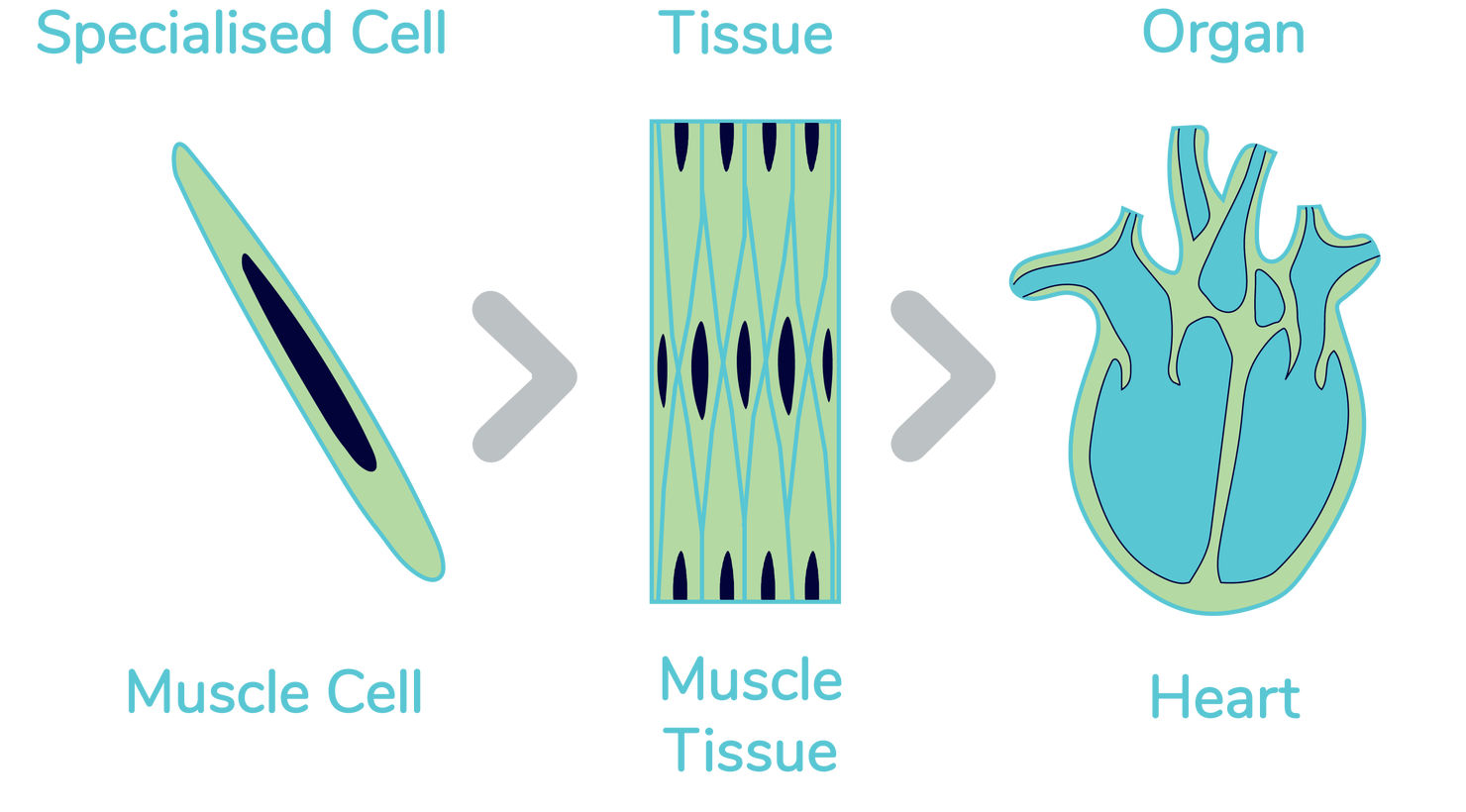Section 1 - The Ageing Process / 1.3 Article: Cells, Tissues and Organs
Ageing on Cells, Tissues and Organs
As we age, changes happen to the body at a cellular level. These changes ultimately affect the function of our tissues and organs.

CELLS
Ageing affects a cells ability to divide and multiply. Alongside this, cells in an ageing person begin to accumulate lipids and may begin to function abnormally, or not function at all.
Socio-demographic factors, like poverty, lifestyle and nutrition are also chronic, and their effects accumulate over the life-course, meaning that diseases become more common as we age.
As we age, cancer becomes more prevalent. As cells age, they can become less able to rid themselves of mutations, which occur naturally, leading to cancer. Amongst ‘older people’, 19% will have had a cancer diagnosis by 2030 compared to 13% in 2010.
"The number of people living with cancer in the UK is expected to grow by around one million every decade between 2010 and 2030."MacMillan
TISSUES
Tissues begin to change with age. Many tissues will lose mass or their elasticity and begin to accumulate fatty substances. These changes affect the tissues ability to supply nutrients and remove waste products. This is particularly important in the cardio-vascular system, where the build-up of fatty deposits causes a narrowing of the blood vessels that supply our body and lead to the different forms of cardio-vascular disease, for example, angina and heart attacks and/or strokes.
ORGANS
Ultimately, the ageing effects on cells and tissues effect the function of organs. As we age, our organs lose their reserve capacity. This makes it difficult for organs to respond when extra demand is placed on them. Increased demand may come from illness, medicines, life changes or physical activity.